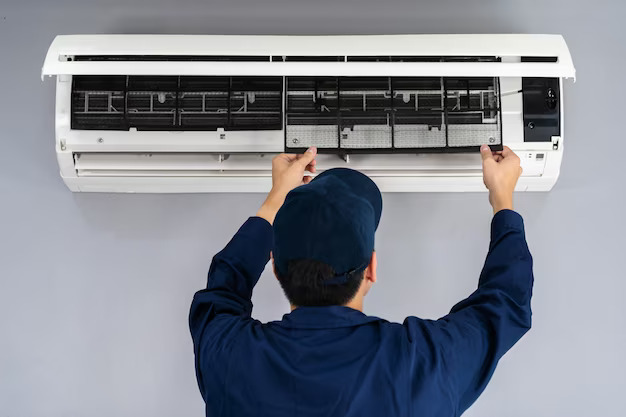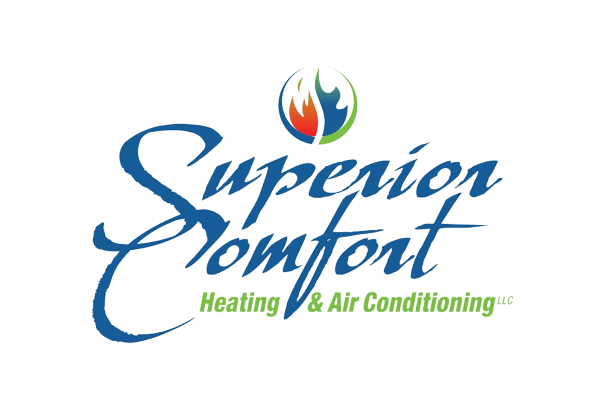
Summer HVAC Mistakes That are Costing you Money
Summer is here! But before you head over to your thermostat to set your air conditioning to a comfortable level, consider these common mistakes that often end up costing you money.
1. Setting the thermostat really low to cool the room faster
Unfortunately this doesn’t work, even if you have a high-efficiency variable-speed system. Setting the thermostat low does not cool your home any faster, and in only serves to make your system work harder. In rare cases this can also cause your indoor coil to freeze.
2. Turning off air conditioning when you’re away from home
Unless you’re going on a summer vacation there’s no sense in turning off your air conditioning each time you head out. Even if you go away for a day or two, just set the temperature a little higher. If you’re turning the AC on and off, it has to work harder to get back to the right temperature.
Use a programmable thermostat to help to keep your air conditioner costs lower when you leave the house. Without causing it to overwork.
3. Not replacing air filters often enough
Filters play a vital role in the efficiency of your air conditioning. When they’re not replaced often enough, they can place a strain on your unit, costing you more money. A dirty filter can also lead to ice forming on your coils, short-cycling, reduced lifespan and more issues.
Most manufacturers recommend you replace your filter every 30-60 days. But how often you need to change also depends on your circumstances. If you live on your home, have no pets or allergies, 6-12 months may be sufficient, otherwise.
- 90 Days for an average (no pet) home
- 60 Days for a home with a dog/cat
- 20-40 Days for a home with multiple pets/allergies
4.Cooling an unoccupied room with ceiling fans
Ceiling fans are designed to cool people, not rooms. In fact they have no affect on room temperature at all, so if you’re using it to keep a room cool, you’re just waiting money.
5. Using the ceiling fan so the AC doesn’t work as hard
Again, the ceiling fan does not cool the room, so the AC still has to use the same amount of energy to get the room to a comfortable temperature.
6. Closing vents to increase efficiency
Closing vents, in unused rooms for instance, doesn’t improve efficiency, it reduces it. When the vents are closed, the blower is pushing air, but it can’t get through. This pressure builds up in the duct-work and actually makes the system work harder.
Use dampers to direct airflow away from an unused room to where it is most needed.
7. Assuming your AC Is ready for summer
Air conditioning units need regular maintenance to operate at their best, and prevent breakdowns. After a long period without use, never assume that it’s ready to just switch on and get going. It could have low refrigerant levels, a dirty filter or dust and debris that could be wearing it down and costing you more money. These are things that can be addressed with an annual tuneup, and with your own checks every month or so.
